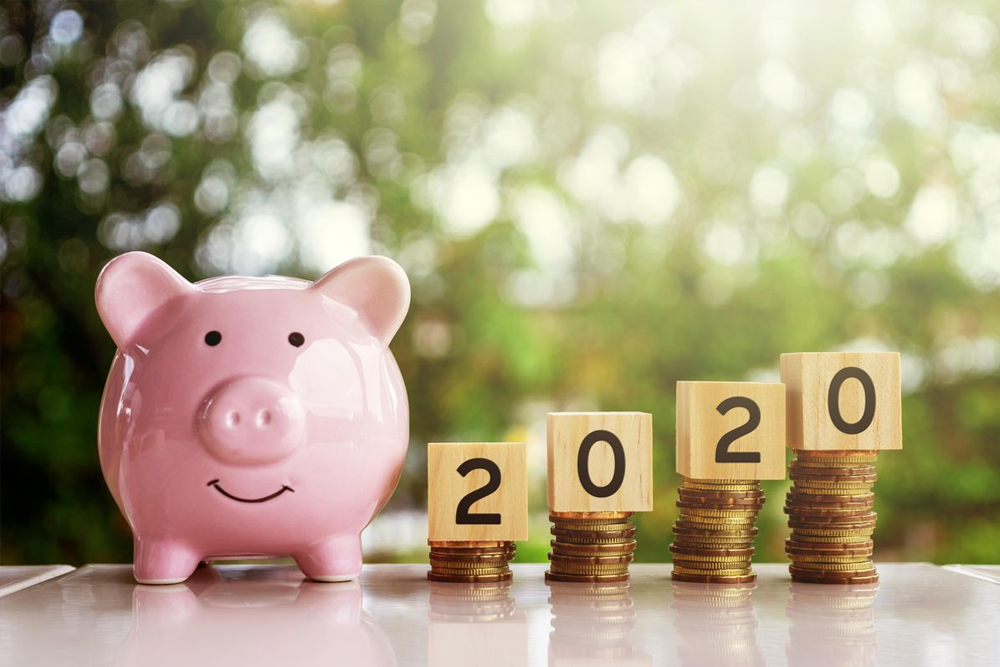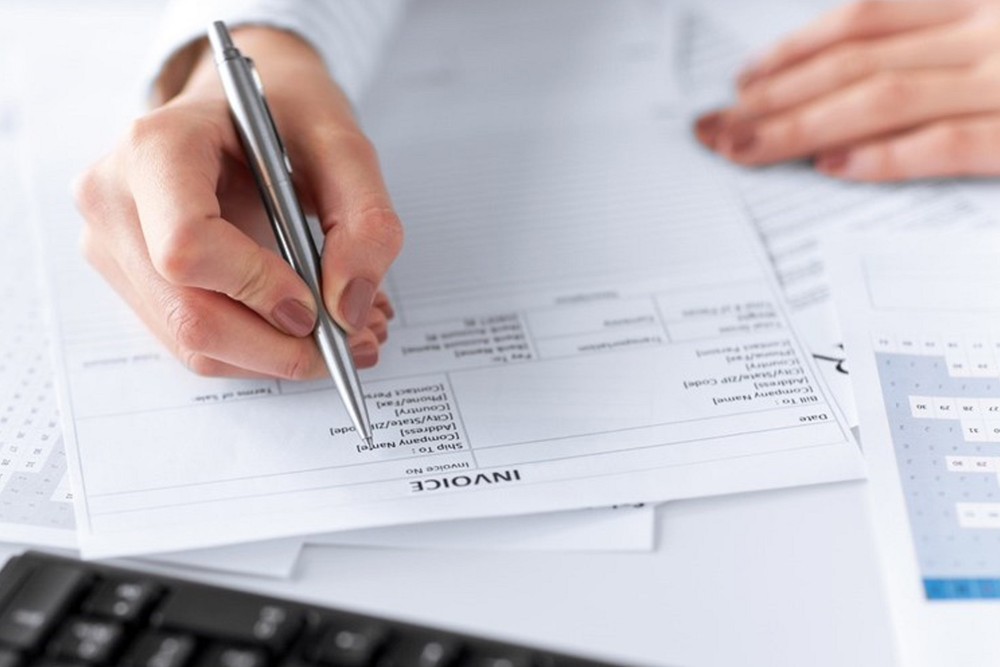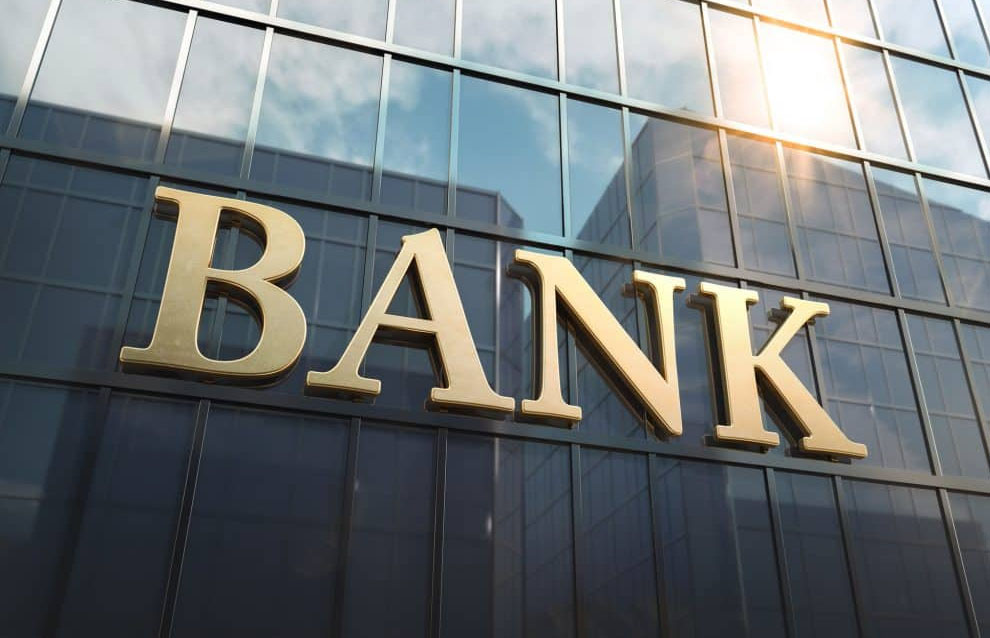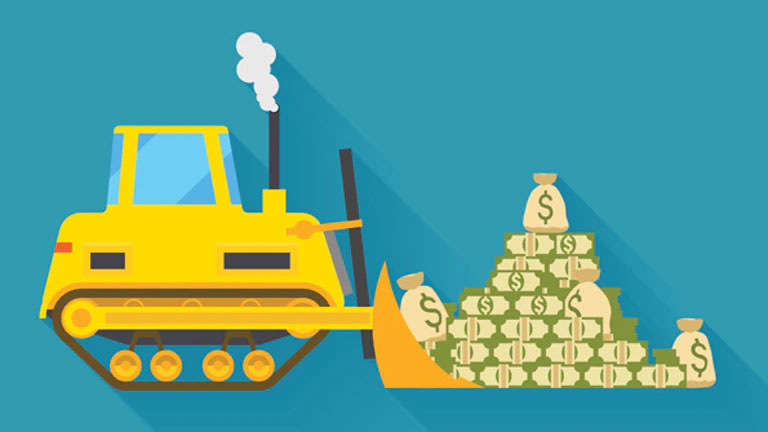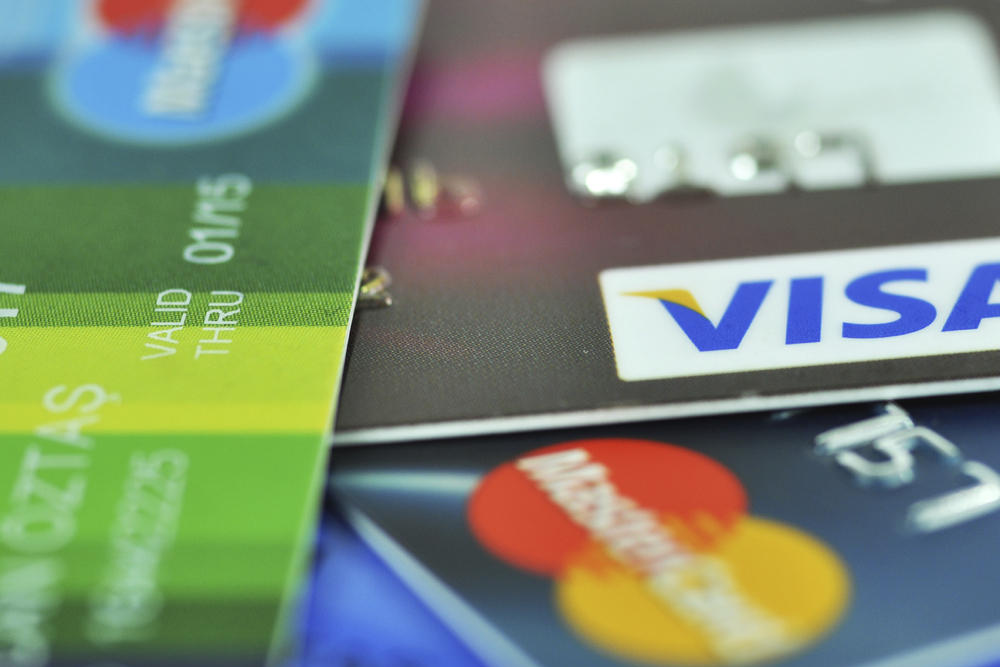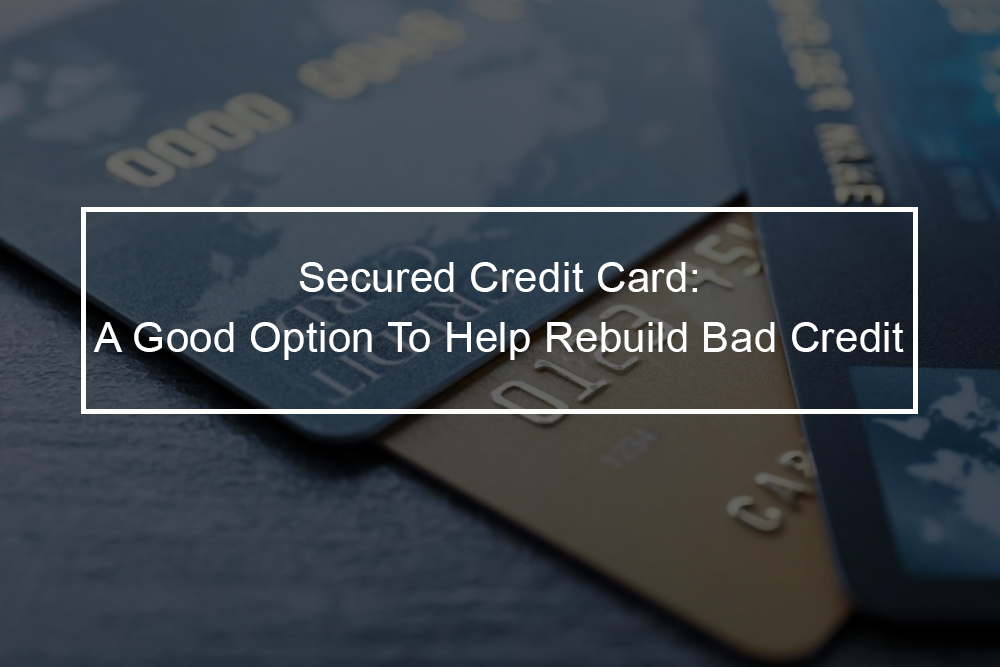
However, what happens if you made some mistakes in the past that impacted your credit history in a negative way? Or, if you do not have a lack of credit rating? You might be deemed too risky and get rejected. It is more common than it sounds.
Typically, one of the toughest times to get a credit card is when you have bad credit or no credit at all. The trouble is, you usually need a credit card to begin building a good credit history; however, you also need a good credit history to get approved for many credit cards. If you can not get approved for a traditional credit card, a secured credit card is the right choice.
What is a Secured Credit Card?
According to Merriam-Webster Dictionary, secure refers to free from the risk of loss. When secure is applied with a credit card, it is simple to see what it means. A secured credit card is crafted to eliminate losses for credit card companies.
When a customer signs up for a secured credit card, they should deposit a specific amount of money into the account. The first deposit validates the credit card, so it can be utilized to make purchases. You pay a deposit to the credit card issuer (i.e., bank), often one or two times the amount of your intended credit limit. The issuer holds the deposit as collateral and extends you a credit card in return.
Because they are backed by a deposit (thus their name), secured credit cards are far less risky for banks and are very simple to get. If you apply for a secured credit card, you are almost guaranteed to be approved.
5 Reasons Why You Should Consider Secured Credit Cards
Secured credit cards can be a great option for rebuilding and building your credit. Five benefits stand out for customers with poor credit or no credit at all.
- You can often get accepted for a secured credit card when you can not get approved for a traditional credit card. Paying the security deposit removes the credit risk away from the credit card issuer.
- Secured credit card providers report to credit bureaus. Contrarily to a prepaid credit card that allows you to make electronic payments just like with a credit card, a secured credit card sends your account report to the credit bureaus to be added in your credit report.
- A secured credit card can assist you to reestablish or establish your credit. Because payments are included in your credit report, paying on time and managing your balance will increase your credit score. After raising your credit score, you might be able to qualify for a regular credit card.
- You can generate rewards on purchases with some secured credit cards, like Navy Federal’s and Discover Federal’s secured cards. If you pay your balance often before interest charges accumulate, this can offset the amount of your security deposit.
- Your security deposit is used only when you default on your payment. Not unless your defaulted balance is more than your deposit, you will not get sent to collections for defaulting on your payments. Via the secured credit card issuer will keep your deposit, you do not have to be concerned about debt collectors hounding you for missed payments on the card. The late payments still destroy your credit score.
What Are the Drawbacks of Using Secured Credit Card?
Whereas secured credit cards can be appealing for those trying to increase their credit scores, there are still some disadvantages.
- It can be strenuous to come up with even a few hundred dollars to make a security deposit. If you do not have that money, it may be better spent paying off some outstanding debt. Try keeping away $25 to $50 per month until you have saved enough for the security deposit.
- There are quite a lot of fees apart from the deposit. Based on the credit card you select, you might have to pay a processing fee, application, or annual fee to have your secured credit card. This increases the cost of having secured credit cards. Shop around and choose a card with the lowest fees.
- You might have to pay a higher interest rate. Secured credit cards do not often offer competitive interest rates due to the risk of default. To avert high finance charges, pay your balance in full per month.
With the right secured credit card, the disadvantages are manageable and a small price to pay for the advantage of passing a positive payment report to your credit file. A secured card can be a stepping stone to being eligible for a better credit card.
What is an Unsecured Credit Card?
Following Merriam-Webster Dictionary, unsecured refers to unprotected from the risk of loss. When you combine the word unsecured with a credit card, you get a credit card that is not secured by insurance. The unsecured credit card is very popular for most reasons. One of the reasons is it does not need collateral, which indicates it is not secure. Because you do not need to put up collateral for an unsecured credit card, you start using it soon after activation.
Similar to secured credit cards, the unsecured card has a broad range of benefits and drawbacks for both lenders and cardholders. One of the biggest disadvantages for customers is a good credit score, and a report is needed to get an unsecured credit card. If you have a bad credit score, you possibly will not be approved for this kind of credit card.
Credit Limit
Lenders of unsecured credit cards base the credit limit on the client’s credit report, income, and other elements. On the other hand, secured credit cards have a credit limit that matches the collateral. For instance, if you deposit $300 into your account, your credit limit for a secured credit card will be $300. If you have an outstanding credit report, you can get an unsecured card with a large credit limit. As long as you travel a lot, you should consider getting credit card travel insurance coverage. In case you lose your credit card during a trip.
Interest Rates
A lot of factors determine the interest rate for a credit card. All unsecured credit cards have a set of annual percentage rate (APR). The APR will vary from one lender to another. To evaluate the daily interest rate, you should divide the APR by 365.
Secured credit cards might not have an APR. Some lenders will charge an annual fee, which ranges from $25 and $99. The APR for secured credit cards is typically higher than secured credit cards. Again, credit card charges will vary from one lender to another. Customers must take precautions when getting secured cards since some lenders charge fees that consume a lot of money.
How to Use a Secured Card Effectively?
Even though they need a deposit, secured credit cards are a powerful instrument for rebuilding credit. Here is how to use a credit card effectively:
- Use the credit card sparingly, making only one or two small purchases per month. You will need to establish a payment history and prove you can make payments on time, and that you can not be done if your secured credit card is not active. Remember, though, you have to avoid making large purchases or overspending on your secured credit card.
- Pay your balance in full per month before the due date. When you pay in full, you will not be charged with interest. Interest rates on secured cards are generally higher than those on unsecured credit cards. Paying off your balance in full can also indirectly help you improve your credit score and demonstrate to creditors that you are not overleveraged and can manage to pay off your balance.
- Watch your credit score over time, when it has meaningfully improved, ask your issuer about upgrading to an unsecured card.
How Fast Does a Secured Card Build Credit?
Most people find that by using a secured card carefully, it takes only about a year to increase their credit score enough to qualify for an unsecured credit card. Some providers will allow you to transfer your secured line of credit to an unsecured one, which is better for your credit score since it does not need you to open a new account.
However, even though you have to apply for a new unsecured credit card, you might be able to enjoy some of the advantages of good credit, such as more competitive fees, rewards, and lower interest. When that day comes, your efforts rebuilding your credit with a secured credit card will have been worthwhile.


